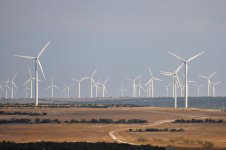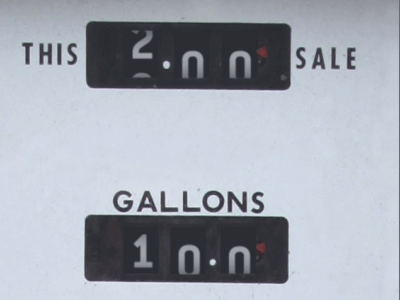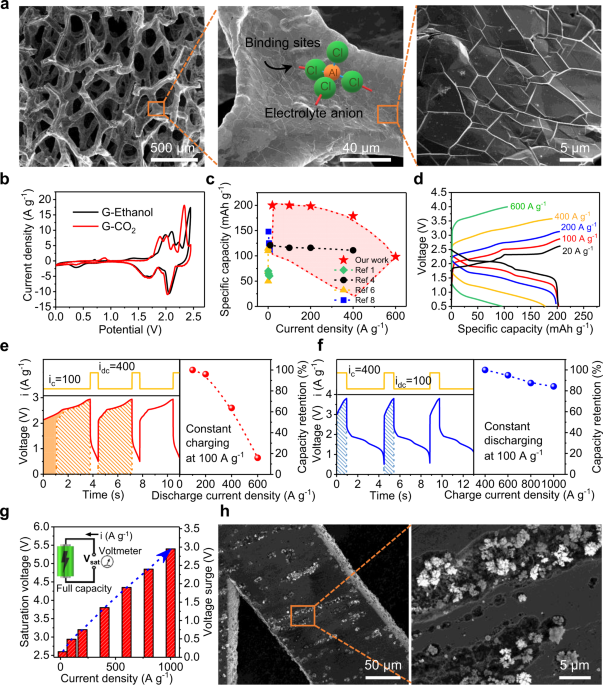- Joined
- May 8, 2017
- Messages
- 2,578
- Reaction score
- 697
- Location
- New York City area
- Gender
- Male
- Political Leaning
- Very Liberal
The article, The Lithium Gold Rush: Inside the Race to Power Electric Vehicles in the far from "denier" New York Times (link), points out that there is much environmental damage from manufacturing electirc automobiles. An excerpt from the article states:
While the U.S.'s pall-mall race towards reliance on electric cars may signal virtue, it is far from harmless. The reflex to protect the earth has merit; not all actions taken in its name are beneficial.New York Times said:Atop a long-dormant volcano in northern Nevada, workers are preparing to start blasting and digging out a giant pit that will serve as the first new large-scale lithium mine in the United States in more than a decade — a new domestic supply of an essential ingredient in electric car batteries and renewable energy.
The mine, constructed on leased federal lands, could help address the near total reliance by the United States on foreign sources of lithium.
But the project, known as Lithium Americas, has drawn protests from members of a Native American tribe, ranchers and environmental groups because it is expected to use billions of gallons of precious ground water, potentially contaminating some of it for 300 years, while leaving behind a giant mound of waste.
“Blowing up a mountain isn’t green, no matter how much marketing spin people put on it,” said Max Wilbert, who has been living in a tent on the proposed mine site while two lawsuits seeking to block the project wend their way through federal courts.





